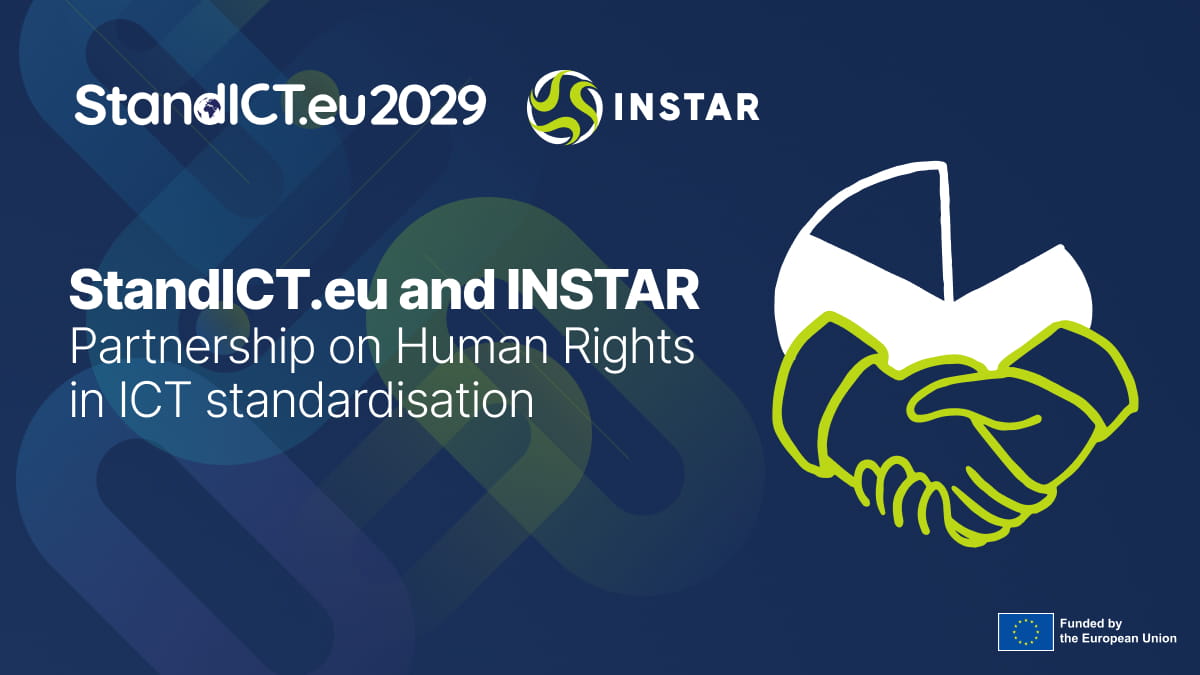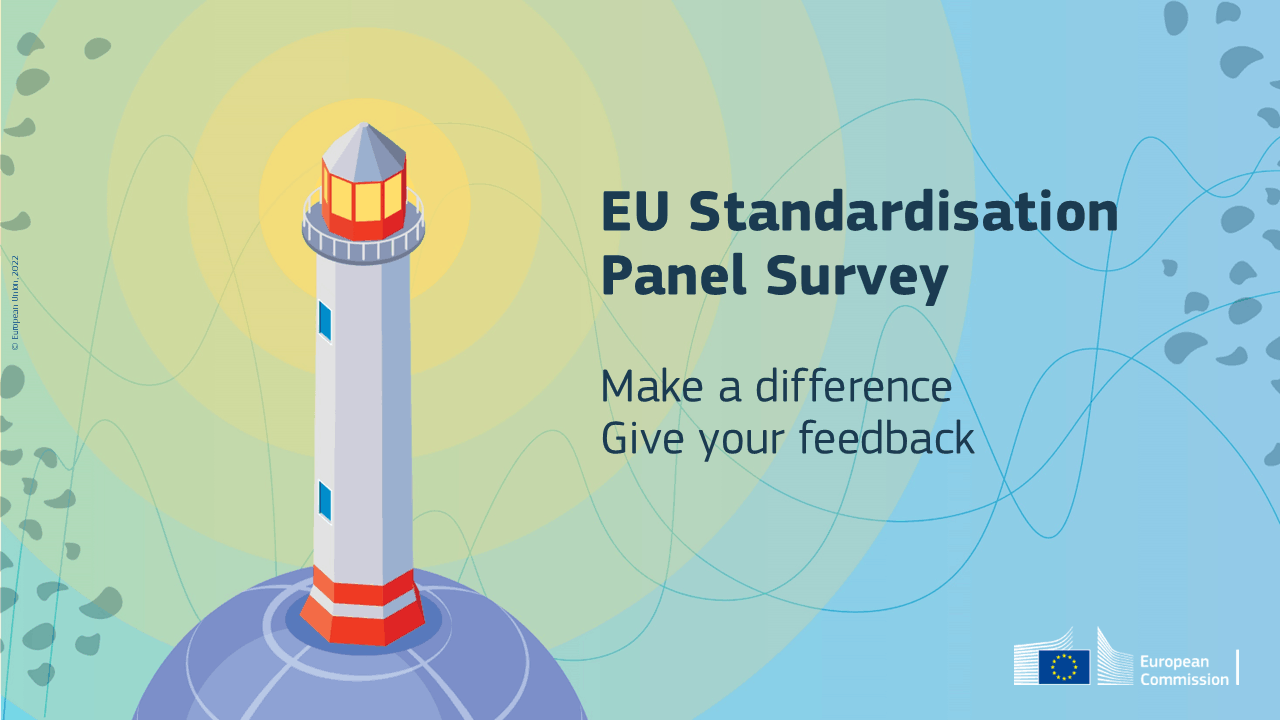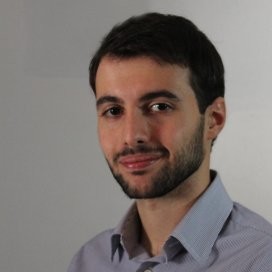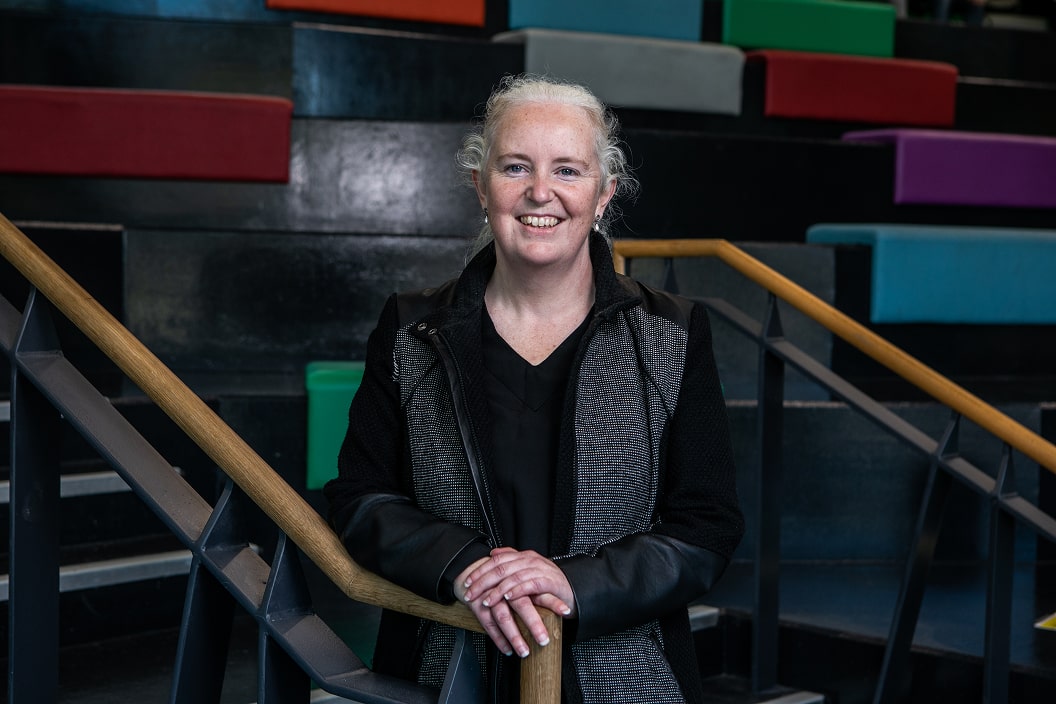Read time: 3 mins
Pisa – 16 October 2025 - Since 2018, StandICT.eu has grown into Europe’s reference initiative for mobilising experts to contribute to international and European ICT standardisation.
This EU-funded Coordination and Support Action effectively combines financial support to fellows (i.e. funded ICT standardisation experts) via cascade funding mechanisms, thematic landscaping exercises through dedicated Technical Working Groups, and an expanding public knowledge base via the assets like the Standards Observatory and Academy.
The new edition, StandICT.eu 2029 , continues the trajectory of the previous editions with a renewed mandate to broaden participation in ICT standardisation, connect more visibly the funded experts activities to policy priorities, and improve the usability of community assets.
The kick-off meeting held in Pisa on 16 October 2025 was useful to organise the work over the next 36 months in practical terms. All the consortium partners, the European Commission, and collaborators including ETSI and CEN-CENELEC convened in person and online to align on the strategic objectives, the work plans, and the shorter-term milestones.
The previous editions’ impact provides a robust baseline for the new cycle.
Through multiple open calls over the years, StandICT has channelled over €7 million to more than 900 European standards experts, enabling them to take leadership roles in global SDOs and make strategic contributions that underpin the EU’s Rolling Plan for ICT Standardisation and the Rolling Plan for ICT Standardisation and the Multi-Stakeholder Platform (MSP) on ICT Standardisation.
Between 2018 and 2026, more than 2,000 applications were submitted, with over 40% funded. Participation has been diverse, with strong involvement from SMEs, academia, and IT consultancies, and a significant increase in female-funded applications (+62% compared to 2018). The majority of funded fellows have taken leadership roles as chairs or convenors in technical committees, reinforcing Europe’s influence in international standardisation.
The most targeted topics have consistently included cybersecurity, artificial intelligence, and 5G/6G, which are among the key priorities for Europe’s digital transformation.
Building on these solid results, the 2029 edition introduces several novelties. First, capacity building will scale thanks to a strengthened mentorship programme aimed at lowering entry barriers for newcomers and SMEs, with learning modules co-developed with ETSI and CEN-CENELEC and more frequent mentoring iterations. This responds to lessons learned about time constraints, incentives, and recognition for mentors and mentees, collected in the past StandICT.eu edition. Secondly, TWG outputs will be re-structured to include clearer recommendations and policy impacts, while maintaining flexibility in topic selection and adding closer alignment with the ICT Rolling Plan. Thirdly, the project will advance work at the interface of open source and standardisation, exploring how open development practices can complement ESO processes, especially for software-intensive specifications. Finally, the open-call structure will evolve: more budget will be distributed to fewer but longer calls, a new call type to support the organisation of international standardisation meetings in Europe will be introduced, evaluation criteria will be updated to also include inclusiveness, and an upgraded grants platform and templates will be released over the project’s lifetime. In terms of governance, a new Foresight Committee Board will be constituted to bring relevant external insights, including representatives from SDOs and other EU-funded standardisation projects, to guide priorities and support coordination from international to national levels




